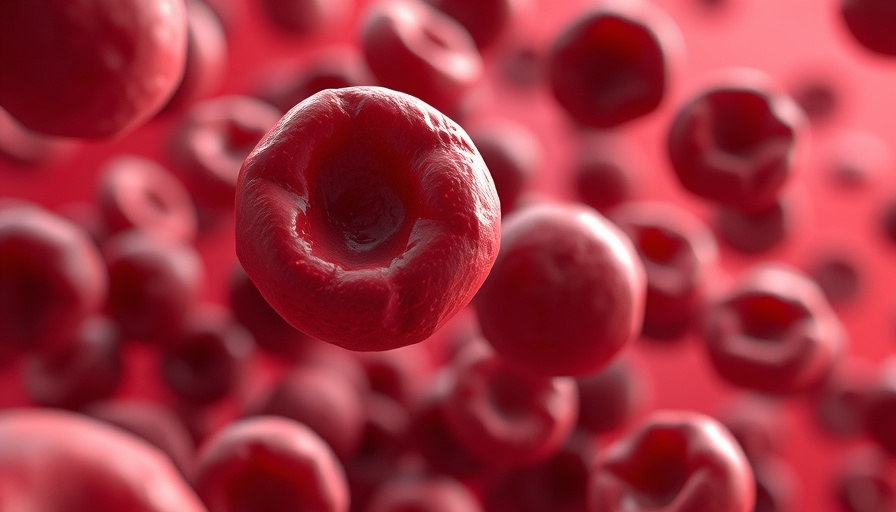
Vitamin D and COVID-19: Unpacking the Connection
A study has revealed an alarming connection between vitamin D deficiency and an increased risk of COVID-19 hospitalization. As COVID-19 continues to affect millions worldwide, understanding the role of essential nutrients like vitamin D can be crucial in managing health outcomes during the pandemic.
The Importance of Vitamin D
Vitamin D, often dubbed the "sunshine vitamin," is vital for numerous bodily functions. It helps in the absorption of calcium, which is essential for maintaining healthy bones and teeth. Moreover, it plays a critical role in regulating the immune system, enabling the body to fight off infections more effectively. With the emergence of COVID-19, many health experts are examining how a deficiency in this nutrient could influence susceptibility and severity of the disease.
Recent Findings on Vitamin D Deficiency
The study highlights that individuals with lower levels of vitamin D were significantly more likely to require hospitalization if infected with COVID-19. This finding could prompt many to reconsider their dietary habits and sunlight exposure, which are essential factors in maintaining optimal vitamin D levels. The research aligns with previous studies indicating that vitamin D may enhance the body's immune response, particularly during viral infections.
Social Implications of Vitamin D Deficiency
Amid the pandemic, many individuals have experienced prolonged periods indoors, reducing their natural sunlight exposure. This raises concerns about potential widespread vitamin D deficiency in populations globally. As public health initiatives focus on combating COVID-19, addressing nutrient deficiencies might be an influential strategy. Educating the public about the importance of maintaining adequate vitamin D levels could play an essential role in enhancing overall immunity, thereby possibly decreasing the rate of severe COVID-19 cases.
Counterarguments: The Cautious Approach
While the correlation between vitamin D deficiency and severe COVID-19 outcomes is noteworthy, experts caution against assuming causation. Some argue that other underlying health conditions, rather than vitamin D levels themselves, could be contributing factors to severe COVID-19 illness. Thus, while it is essential to monitor and potentially supplement vitamin D, it should not replace comprehensive public health strategies.
The Future: An Opportunity for Nutritional Awareness
As research continues to evolve, there is a significant opportunity for increased nutritional awareness among the general public. The COVID-19 pandemic has opened dialogues surrounding immune health that may have lasting implications. By focusing on preventative health measures that include proper nutrient intake, we can better prepare for future viral outbreaks.
Actionable Insights for Individuals
Individuals should consider getting their vitamin D levels checked, especially if they face increased risks due to underlying health conditions or lifestyle factors. Here are some practical insights to boost vitamin D levels:
- Sunlight Exposure: Aim for at least 15-20 minutes of sunlight exposure per day, depending on skin type and climate.
- Dietary Sources: Incorporate vitamin D-rich foods into your diet, such as fatty fish, fortified dairy products, and egg yolks.
- Supplements: Consult with a healthcare provider about vitamin D supplementation, especially in winter months or for those with limited sun exposure.
By being proactive about our vitamin D intake, we can contribute to our health resilience during these challenging times.
In conclusion, the interplay between vitamin D levels and COVID-19 outcomes is a vital subject that deserves more attention. As we learn more about how nutrients affect our immune systems, the potential for policies promoting nutritional health could reshape public health strategies in the post-pandemic world. Investing in our health literacy can empower us to take control of our well-being.
 Add Row
Add Row  Add
Add 




Write A Comment